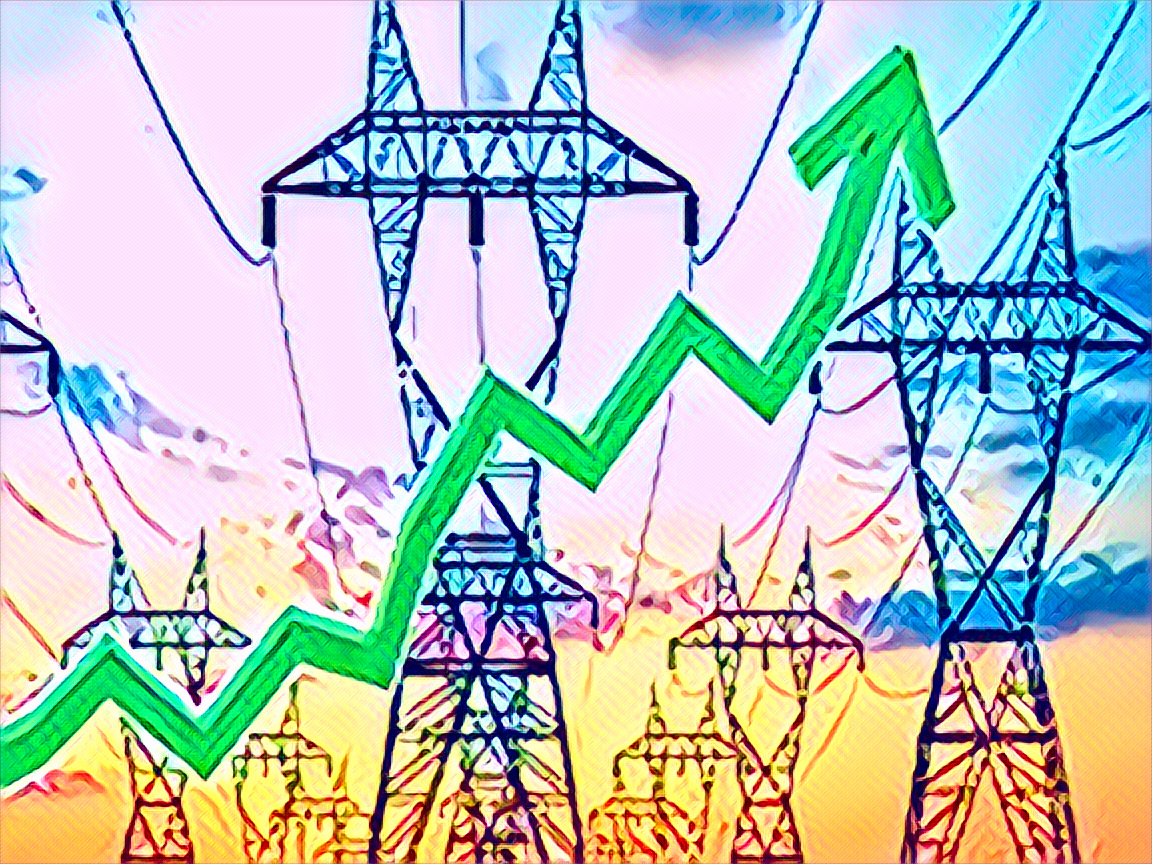KEY POINTS
- Electricity tariffs increase by 3.02%, and water tariffs by 1.86%.
- The rise supports the financial stability of Ghana’s utility companies.
- PURC will monitor services to ensure fair value for consumers.
Ghanaian consumers will soon experience a little hike in their utility bills. The Public Utilities Regulatory Commission (PURC) increases electricity tariffs by 3.02 % and water tariffs by 1.86 % for the third quarter of 2024.
The changes will hold across all categories of customers in the entire nation.
Why the tariff increase is necessary
PURC says the increase is necessary to maintain the financial vitality of the major utility companies.
According to a report by MyJoyOnline, the commission outlined the reasons for the new increases, citing several factors. Among these is the 4.96 percent depreciation of the cedi against the dollar between the second and third quarters of 2024.
This depreciation, alongside adjustments in inflation and fluctuations in the cost of natural gas, significantly impacted the cost of operations for utility providers.
Firms that are to benefit from the new increase include the Electricity Company of Ghana (ECG), Ghana Water Limited (GWL) and the Northern Electricity Distribution Company (NEDCo). In this regard, PURC stresses the significance of these utilities’ operations, simultaneously guaranteeing consumers against steep rates.
PURC also said it has set goals for every utility firm to fulfil a 98% revenue collection rate. This goal is crucial for maintaining the sectors generating electric power and providing water as sustainable to ensure all areas receive service delivery reliably.
PURC promises improved service monitoring
To calm down the consumers, PURC said it would continue to regulate utility providers to ensure that they deliver services that are worth the price charged. The organization insists on maintaining a progressive change of service delivery to ensure that people gain reliable access to water and electricity despite the increasing costs.
These adjustments as small as they may seem are fundamental for keeping Ghana’s energy and water systems up and running. Providing equal service for every citizen is crucial as some utility companies continue to aim for increasing demand and battling various financial issues.




